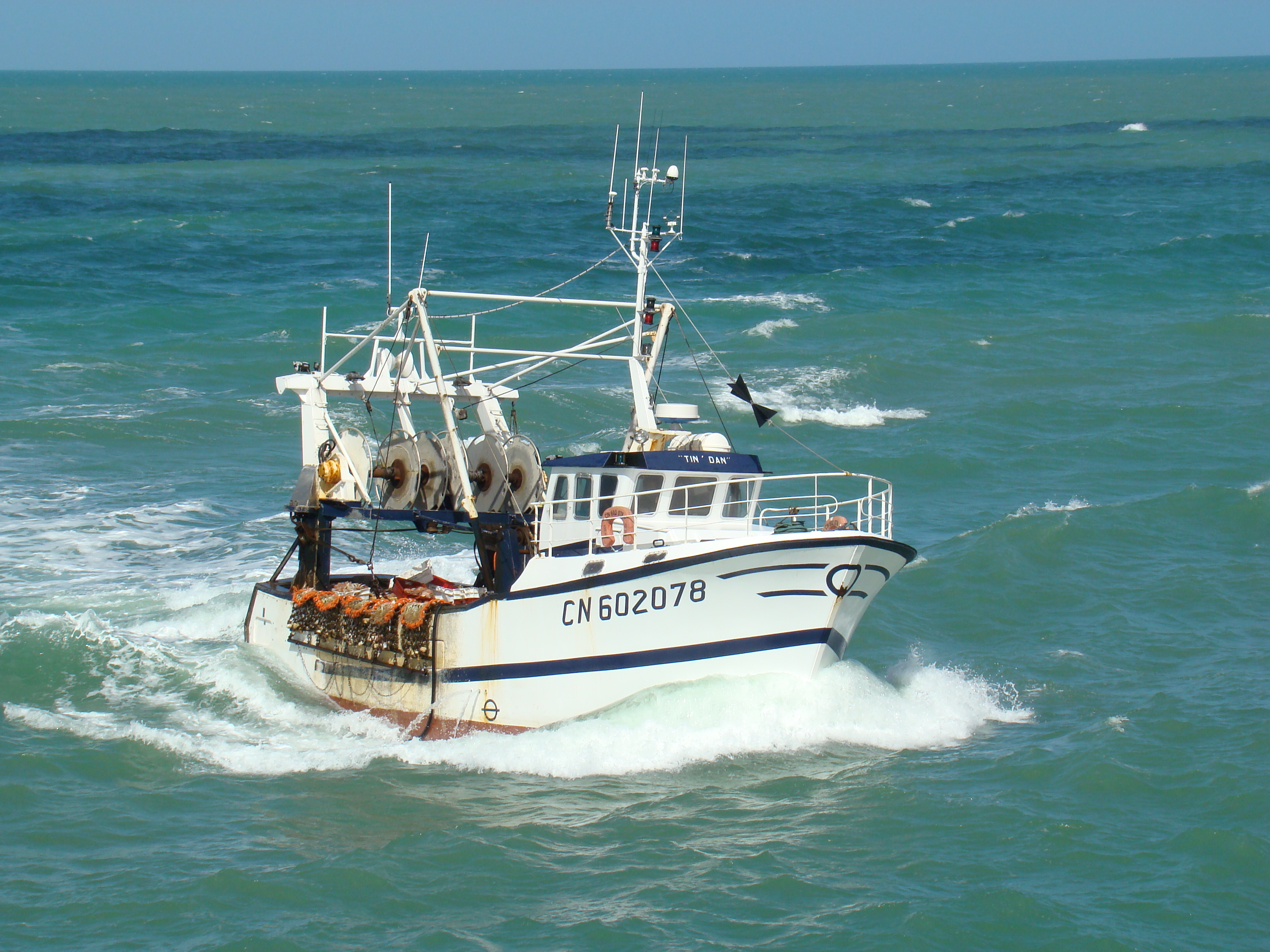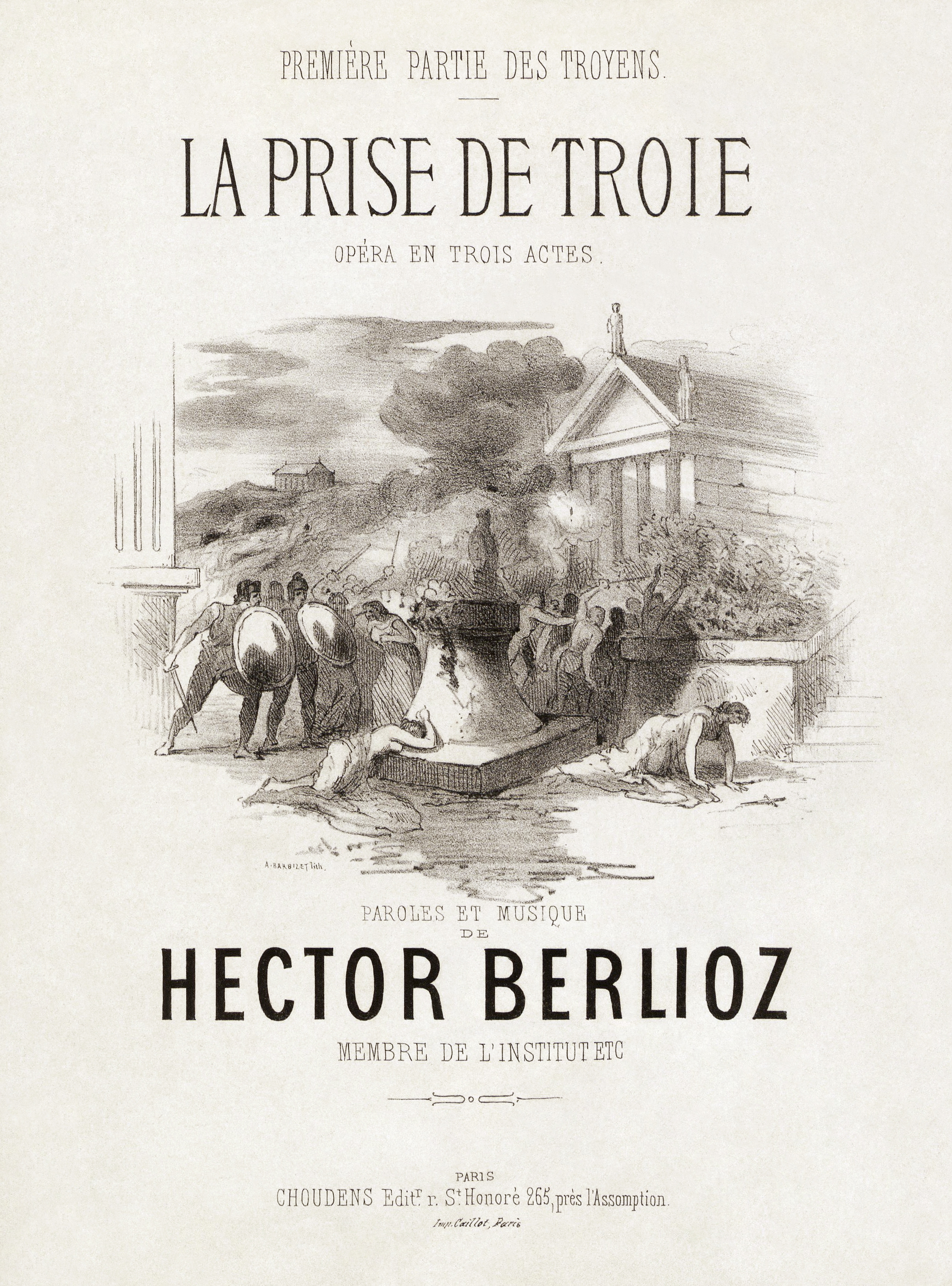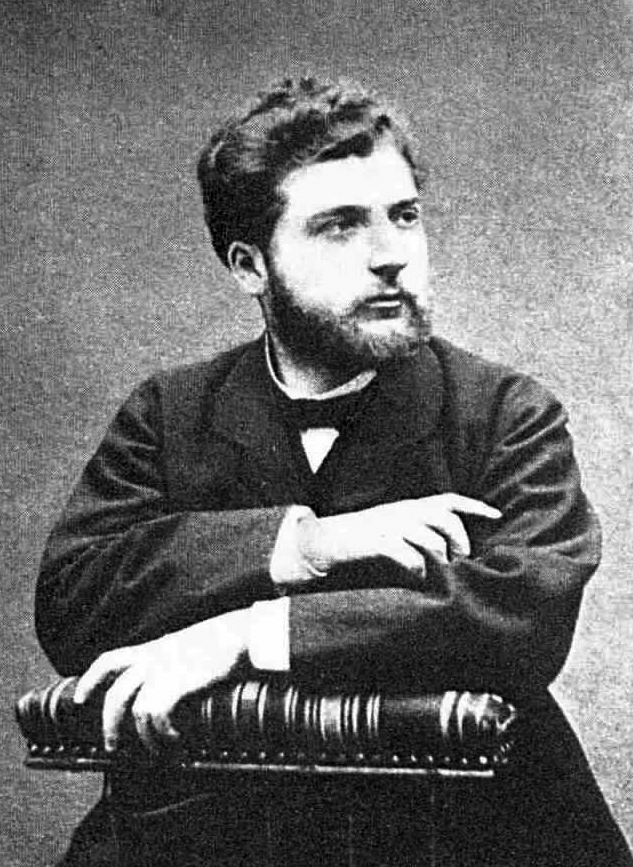|
1863 In France
Events from the year 1863 in France. Incumbents * Monarch – Napoleon III Events *15 January - French forces bombard Veracruz, during the French intervention in Mexico. *16 March - French siege of Puebla begins. *14 April - Treaty of Hué is signed between Vietnam and the French Empire. *30 April - Battle of Camarón, between the French Foreign Legion and the Mexican army: Mexican victory, but successful French delaying action. *17 May - Puebla surrenders to the French. *7 June - French troops enter Mexico City. *21–22 June - Legislative election, first round. *5–6 July - Legislative election, second round. *First outbreak of phylloxera on the European mainland observed in the vineyards of the southern Rhône region. *The recipe for the herbal liqueur Bénédictine is devised by Alexandre Le Grand in Fécamp. *The Paris Observatory begins to publish weather maps. Arts and literature *31 January - Jules Verne's scientifically inspired novel ''Five Weeks in a ... [...More Info...] [...Related Items...] OR: [Wikipedia] [Google] [Baidu] |
France
France (), officially the French Republic ( ), is a country primarily located in Western Europe. It also comprises of Overseas France, overseas regions and territories in the Americas and the Atlantic Ocean, Atlantic, Pacific Ocean, Pacific and Indian Oceans. Its Metropolitan France, metropolitan area extends from the Rhine to the Atlantic Ocean and from the Mediterranean Sea to the English Channel and the North Sea; overseas territories include French Guiana in South America, Saint Pierre and Miquelon in the North Atlantic, the French West Indies, and many islands in Oceania and the Indian Ocean. Due to its several coastal territories, France has the largest exclusive economic zone in the world. France borders Belgium, Luxembourg, Germany, Switzerland, Monaco, Italy, Andorra, and Spain in continental Europe, as well as the Kingdom of the Netherlands, Netherlands, Suriname, and Brazil in the Americas via its overseas territories in French Guiana and Saint Martin (island), ... [...More Info...] [...Related Items...] OR: [Wikipedia] [Google] [Baidu] |
Fécamp
Fécamp () is a commune in the Seine-Maritime department in the Normandy region in north-western France. Geography Fécamp is situated in the valley of the river Valmont, at the heart of the Pays de Caux, on the Alabaster Coast. It is around 35 km northeast of Le Havre, and around 60 km northwest of Rouen. History Origin of the name According to its late medieval founding legend, the trunk of a fig tree (''ficus'') carrying the Precious Blood of Christ collected by Joseph of Arimathea was washed ashore on the riverbank at Fécamp in the 1st century. Immediately, a fountain of holy blood gushed from the site; the relic attracted many medieval pilgrims, enhancing the reputation of the city. The monks' legend justified the artificial etymology of the name to ''Fici-campus'', the camp of the fig tree. Fécamp, however, is mentioned in 875 as ''Fiscannum'' and in 990 as ''Fiscannus'' and as late as 1496 which stem from the Germanic root ''fisc'' (English "fish") wi ... [...More Info...] [...Related Items...] OR: [Wikipedia] [Google] [Baidu] |
Pierre De Coubertin
Charles Pierre de Frédy, Baron de Coubertin (; born Pierre de Frédy; 1 January 1863 – 2 September 1937, also known as Pierre de Coubertin and Baron de Coubertin) was a French educator and historian, founder of the International Olympic Committee, and its second president. He is known as the father of the modern Olympic Games. He was particularly active in promoting the introduction of sport in French schools. Born into a French aristocratic family, he became an academic and studied a broad range of topics, most notably education and history. He graduated with a degree in law and public affairs from the Paris Institute of Political Studies (Sciences Po). It was at Sciences Po that he came up with the idea of reviving the Olympic Games. The Pierre de Coubertin medal (also known as the Coubertin medal o ... [...More Info...] [...Related Items...] OR: [Wikipedia] [Google] [Baidu] |
Les Troyens
''Les Troyens'' (; in English: ''The Trojans'') is a French grand opera in five acts by Hector Berlioz. The libretto was written by Berlioz himself from Virgil's epic poem the ''Aeneid''; the score was composed between 1856 and 1858. ''Les Troyens'' is Berlioz's most ambitious work, the summation of his entire artistic career, but he did not live to see it performed in its entirety. Under the title ''Les Troyens à Carthage'', the last three acts were premièred with many cuts by Léon Carvalho's company, the Théâtre Lyrique, at their theatre (now the Théâtre de la Ville) on the Place du Châtelet in Paris on 4 November 1863, with 21 repeat performances. After decades of neglect, today the opera is considered by some music critics as one of the finest ever written. Composition history Berlioz began the libretto on 5 May 1856 and completed it toward the end of June 1856. He finished the full score on 12 April 1858. Berlioz had a keen affection for literature, and he ... [...More Info...] [...Related Items...] OR: [Wikipedia] [Google] [Baidu] |
Hector Berlioz
In Greek mythology, Hector (; grc, Ἕκτωρ, Hektōr, label=none, ) is a character in Homer's Iliad. He was a Trojan prince and the greatest warrior for Troy during the Trojan War. Hector led the Trojans and their allies in the defense of Troy, killing countless Greek warriors. He was ultimately killed in single combat by Achilles, who later dragged his dead body around the city of Troy behind his chariot. Etymology In Greek, is a derivative of the verb ἔχειν ''ékhein'', archaic form * grc, ἕχειν, hékhein, label=none ('to have' or 'to hold'), from Proto-Indo-European *'' seɡ́ʰ-'' ('to hold'). , or as found in Aeolic poetry, is also an epithet of Zeus in his capacity as 'he who holds verything together. Hector's name could thus be taken to mean 'holding fast'. Description Hector was described by the chronicler Malalas in his account of the ''Chronography'' as "dark-skinned, tall, very stoutly built, strong, good nose, wooly-haired, good beard, s ... [...More Info...] [...Related Items...] OR: [Wikipedia] [Google] [Baidu] |
Théâtre Lyrique
The Théâtre Lyrique was one of four opera companies performing in Paris during the middle of the 19th century (the other three being the Opéra, the Opéra-Comique, and the Théâtre-Italien). The company was founded in 1847 as the Opéra-National by the French composer Adolphe Adam and renamed Théâtre Lyrique in 1852. It used four different theatres in succession, the Cirque Olympique, the Théâtre Historique, the Salle du Théâtre-Lyrique (now the Théâtre de la Ville), and the Salle de l'Athénée, until it ceased operations in 1872.Charlton 1992, p. 871. The diverse repertoire of the company "cracked the strict organization of the Parisian operatic world by breaking away from the principle that institution and genre were of one substance." The company was generally most successful with revivals of foreign works translated into French, particularly operas by Gluck, Mozart, Weber, and Verdi, but probably is most remembered today for having given the first perfo ... [...More Info...] [...Related Items...] OR: [Wikipedia] [Google] [Baidu] |
Les Pêcheurs De Perles
' (''The Pearl Fishers'') is an opera in three acts by the French composer Georges Bizet, to a libretto by Eugène Cormon and Michel Carré. It was premiered on 30 September 1863 at the Théâtre Lyrique in Paris, and was given 18 performances in its initial run. Set in ancient times on the island of Ceylon (Sri Lanka), the opera tells the story of how two men's vow of eternal friendship is threatened by their love for the same woman, whose own dilemma is the conflict between secular love and her sacred oath as a priestess. The friendship duet "", generally known as "The Pearl Fishers Duet", is one of the best-known in Western opera. At the time of the premiere, Bizet (born on 25 October 1838) was not yet 25 years old: he had yet to establish himself in the Parisian musical world. The commission to write ' arose from his standing as a former winner of the prestigious Prix de Rome. Despite a good reception by the public, press reactions to the work were generally hostile and d ... [...More Info...] [...Related Items...] OR: [Wikipedia] [Google] [Baidu] |
Opera
Opera is a form of theatre in which music is a fundamental component and dramatic roles are taken by singers. Such a "work" (the literal translation of the Italian word "opera") is typically a collaboration between a composer and a librettist and incorporates a number of the performing arts, such as acting, scenery, costume, and sometimes dance or ballet. The performance is typically given in an opera house, accompanied by an orchestra or smaller musical ensemble, which since the early 19th century has been led by a conductor. Although musical theatre is closely related to opera, the two are considered to be distinct from one another. Opera is a key part of the Western classical music tradition. Originally understood as an entirely sung piece, in contrast to a play with songs, opera has come to include numerous genres, including some that include spoken dialogue such as '' Singspiel'' and '' Opéra comique''. In traditional number opera, singers employ two st ... [...More Info...] [...Related Items...] OR: [Wikipedia] [Google] [Baidu] |
Georges Bizet
Georges Bizet (; 25 October 18383 June 1875) was a French composer of the Romantic music, Romantic era. Best known for his operas in a career cut short by his early death, Bizet achieved few successes before his final work, ''Carmen'', which has become one of the most popular and frequently performed works in the entire opera repertoire. During a brilliant student career at the Conservatoire de Paris, Bizet won many prizes, including the prestigious Prix de Rome in 1857. He was recognised as an outstanding pianist, though he chose not to capitalise on this skill and rarely performed in public. Returning to Paris after almost three years in Italy, he found that the main Parisian opera theatres preferred the established classical repertoire to the works of newcomers. His keyboard and orchestral compositions were likewise largely ignored; as a result, his career stalled, and he earned his living mainly by arranging and transcribing the music of others. Restless for success, he ... [...More Info...] [...Related Items...] OR: [Wikipedia] [Google] [Baidu] |
Voyages Extraordinaires
The ''Voyages extraordinaires'' (; ) is a Collection (publishing), collection or novel sequence, sequence of novels and short story, short stories by the French writer Jules Verne. Fifty-four of these novels were originally published between 1863 and 1905, during the author's lifetime, and eight additional novels were published posthumously. The posthumous novels were published under Jules Verne's name, but had been extensively altered or, in one case, completely written by his son Michel Verne. According to Verne's editor Pierre-Jules Hetzel, the goal of the ''Voyages'' was "to outline all the geographical, geological, physical, historical and astronomical knowledge amassed by modern science and to recount, in an entertaining and picturesque format ... the history of the universe." Verne's meticulous attention to detail and scientific trivia, coupled with his sense of wonder and exploration, form the backbone of the ''Voyages''. Part of the reason for the broad appeal of his ... [...More Info...] [...Related Items...] OR: [Wikipedia] [Google] [Baidu] |
Pierre-Jules Hetzel
Pierre-Jules Hetzel (15 January 1814 – 17 March 1886) was a French editor and publisher. He is best known for his extraordinarily lavishly illustrated editions of Jules Verne's novels, highly prized by collectors today. Biography Born in Chartres, Eure-et-Loir, Hetzel studied law in Strasbourg, and founded a publishing company in 1837. He was the publisher of Honoré de Balzac, whose ''Comédie humaine'' began to be appear in 1841, and of Victor Hugo and Émile Zola. In 1843, he founded the ''Nouveau magazine des enfants'' ("New Children's Magazine"). Hetzel was a well-known republican, and in 1848 he became chief of cabinet for Alphonse de Lamartine (then minister of Foreign Affairs), and afterward for the minister of the Navy. He went into self-imposed exile in Belgium after the coup d'état which ushered in the Second Empire, and there he continued his political and editorial activities, notably by clandestinely publishing Hugo's ''Les Châtiments'', a harsh pamphlet agai ... [...More Info...] [...Related Items...] OR: [Wikipedia] [Google] [Baidu] |
Five Weeks In A Balloon
''Five Weeks in a Balloon, or, A Journey of Discovery by Three Englishmen in Africa'' (french: Cinq semaines en ballon) is an adventure novel by Jules Verne, published in 1863. It is the first novel in which he perfected the "ingredients" of his later work, skillfully mixing a story line full of adventure and plot twists that keep the reader's interest through passages of technical, geographic, and historic description. The book gives readers a glimpse of the exploration of Africa, which was still not completely known to Europeans of the time, with explorers traveling all over the continent in search of its secrets. Public interest in fanciful tales of African exploration was at its height, and the novel was an instant hit; it made Verne financially independent and led to long-term contracts with Pierre-Jules Hetzel's publishing house, which put out some sixty more books of his over the next four decades. Plot summary A scholar and explorer, Dr. Samuel Fergusson, accompanied ... [...More Info...] [...Related Items...] OR: [Wikipedia] [Google] [Baidu] |






